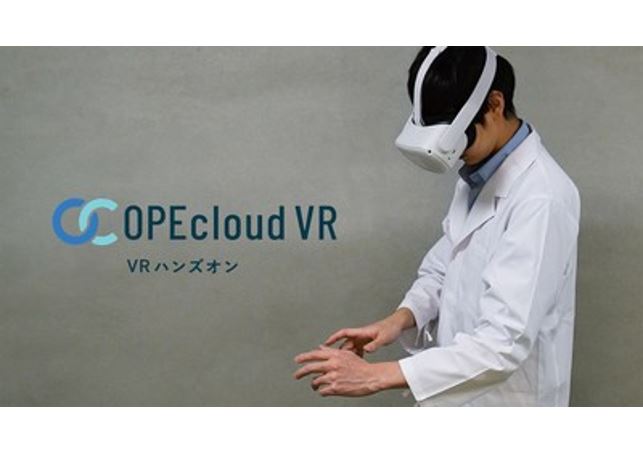Now possible to train in VR by superimposing one’s own hands on the techniques of surgeons
TOKYO, Nov. 18, 2021 — Jolly Good Inc. (Chuo-ku, Tokyo, CEO: Kensuke Joji; “Jolly Good”) has developed the “VR hands on training” function as a new feature of the “OPECloud VR hands on training system”. This is a VR clinical training platform developed and provided by Jolly Good, where hand tracking sensors are used to superimpose the VR user’s hands onto realistic live-action medical procedures in VR. Hands on learning will empower practical training exercises in addition to live-action medical VR.
OPECloud VR hands on training PV: https://youtu.be/_n40az_cVcw
- VR, which enables active learning, supplements clinical education where training opportunities have been drastically reduced due to the pandemic.
OPECloud VR “VR Hands on training” allows users to experience the sense of realism and patient interaction that should be learned in a clinical training, which has been lost due to the COVID-19 pandemic. With VR, users can become a surgeon and actually move their own hands and body to get a sense of the experience. Such perceptual movement cannot be sufficiently nurtured in a passive learning environment such as in a classroom. While active learning such as clinical practice is difficult to perform, using VR and actually moving one’s own hands and body, users can learn not only the techniques, but also the movements, through hands on learning.
- Introduction of “OPECloud VR” training system is accelerating in Japan (https://jollygood.co.jp/opecloud)
OPECloud VR is a VR clinical training platform that makes it possible to easily turn any clinical case into high-precision VR with the permanent installation of a high-definition 360-degree camera and server in the medical facility. The VR users can experience in hands on training in techniques from the surgeon’s perspective in 360-degrees. This platform has been highly rated by the medical industry as a tool for VR clinical practice at medical schools and medical conferences, including VR training for ECMO heart-lung by-pass machines, and has been introduced to many medical institutions throughout Japan.
- Education and training during the pandemic needs to be more realistic and impressive.
Supervisor: Department of Emergency & Critical Care Medicine, Nippon Medical School, Professor Shoji Yokobori
“While the number of people being transported by ambulance is on the rise in Japan, the education of students and the training of young medical professionals is failing to keep up due to the COVID-19 pandemic. There is a need in the field for more efficient, realistic, and impressive medical education methods. I strongly hope that VR educational tools will change this concept from the ground up by maintaining the quality of trauma care in our country and contributing to saving the lives of patients.
- About Nippon Medical School Advanced Emergency and Critical Care Medical Center (http://www.nms-ccm.jp)
An advanced emergency and critical care medical center is a medical facility among emergency and critical care centers that is recognized by the Minister of Health, Labor and Welfare as having a particularly advanced medical functions. The number of patients admitted to the Nippon Medical School Advanced Emergency and Critical Care Medical Center is approximately 1,600 to 1,800 per year. Doctors and nurses with specializing in areas such as surgery, brain surgery, and orthopedics work together to provide a rapid 24-hour medical care system, from initial treatment to surgical treatment and ICU management.
About Jolly Good Inc. (https://jollygood.co.jp/)
Jolly Good is a medical technology company that develops high-precision VR solutions and AI-based medical and welfare services that analyze user behavior in the VR space. Using technologies such as VR and AI, the company is accelerating human growth and social rehabilitation in medical education, support for persons with disabilities, treatment of mental illness, as well as developing services to support the evolution of medical care and finding purposes in life, in collaboration with various research institutions and companies.




